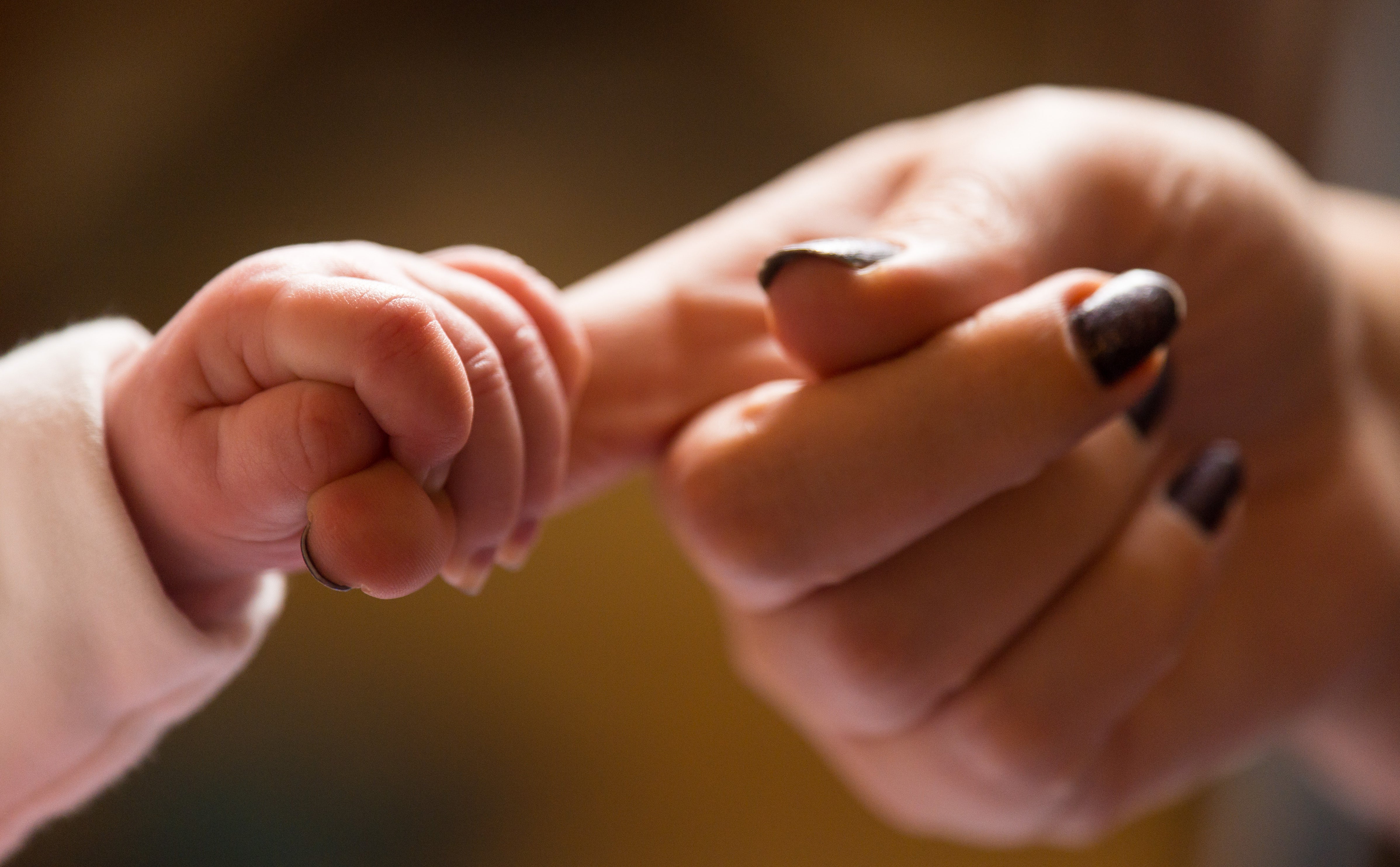Women forced to give up babies asked to share experiences
About 250,000 families were affected by the historical practice of forced adoption in Scotland.

Women who were forced or coerced into giving their children up for adoption are being asked to come forward and talk about their experiences.
An estimated 250,000 families were affected by the historical practice of forced adoption in Scotland where unmarried mothers had their babies taken from them.
Campaigners have called for the Scottish Government to apologise, with Scottish Labour’s Monica Lennon raising the issue in Holyrood.
Children’s minister Clare Haughey has met with some women affected by forced adoption but no formal apology has been forthcoming, despite governments in countries such as Australia Canada and Ireland apologising for similar atrocities.
The Scottish Government has now launched an online questionnaire and a helpline for people affected to share their views and experiences.
Ms Haughey said: “It is heart-breaking that in the past there were practices which resulted in some women feeling forced to give up their children.
“The lives of those women, their sons, daughters and wider families have been profoundly changed by the experience, and I offer my sincere sympathies to them.
“As I have previously said, this issue deserves to be looked at properly. That is why I am very keen to hear from those with direct experience.
“I have already held several meetings with some of those affected and I hope to learn more through this questionnaire and webpage.
“Listening to these voices will help us to understand what support and action is needed.
“The last thing I want to do is to ask those affected to revisit the trauma it caused them, but if they feel able, I would encourage them to give their views and share their experiences.
“I hope we can work together to explore next steps.”